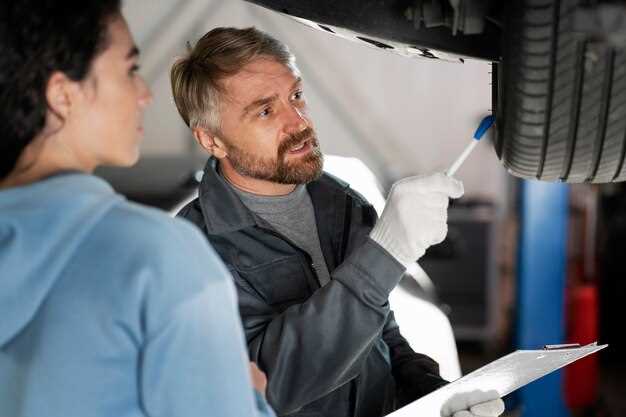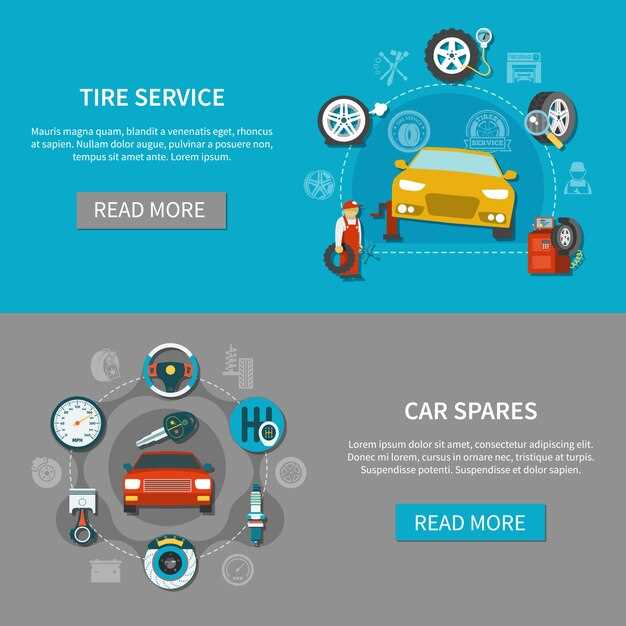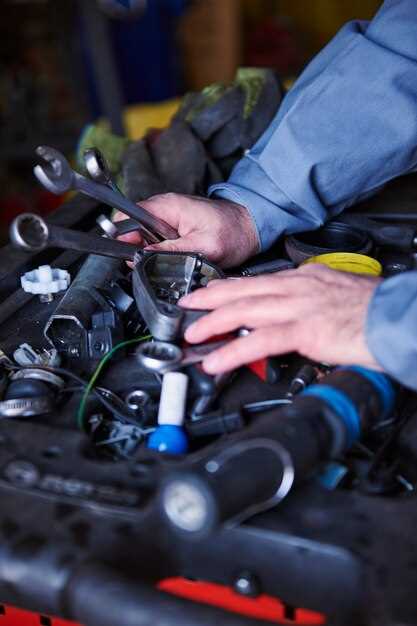Common auto repair services every car owner needs

As a car owner, understanding the essential maintenance services your vehicle requires is crucial for ensuring its longevity and reliability. Regular auto repair services not only enhance the performance of your car but also contribute significantly to your safety on the road. From routine checks to major repairs, being aware of the fundamental services can save you both time and money in the long run.
Every vehicle has its unique set of needs, but there are key maintenance services that are universally beneficial regardless of the make or model. These services encompass everything from oil changes to brake inspections, each playing a vital role in the overall health of your car. By prioritizing these essential repairs, you can maintain optimal function and prevent unforeseen breakdowns that could disrupt your daily life.
In this article, we will explore the must-have auto repair services every car owner should be familiar with. Understanding these services not only equips you with knowledge but empowers you to make informed decisions about your vehicle’s care. Let’s dive into the critical aspects of auto maintenance that every car owner should prioritize to keep their vehicle running smoothly.
Tire Maintenance: Choosing the Right Service for Longevity

Tire maintenance is essential for every car owner aiming to extend the lifespan of their tires and ensure safety on the road. Regular inspections and proper services not only enhance performance but also improve fuel efficiency. When selecting a tire maintenance service, consider several factors that contribute to the longevity of your tires.
Firstly, look for a service that offers comprehensive tire inspections. Experienced technicians should assess tread depth, air pressure, and overall tire condition. They will identify wear patterns that can indicate alignment or suspension issues, crucial for maintaining even tire wear.
Balancing and alignment services are also vital in maximizing tire life. Proper alignment prevents unnecessary strain on tires, reducing premature wear. Balancing ensures that the tires wear evenly and enhances vehicle handling. Regular alignment checks, especially after hitting potholes or curbs, can significantly prolong tire longevity.
Additionally, tire rotation is a critical service that should not be overlooked. Rotating tires according to the manufacturer’s recommended schedule promotes even wear across all tires, optimizing performance and extending overall lifespan.
Lastly, consider a service that provides tire storage and seasonal change-over options. For those in regions with extreme weather, switching between summer and winter tires enhances safety and performance. Proper storage of off-season tires can prevent degradation and maintain their integrity.
In summary, investing in quality tire maintenance services is crucial for all car owners. By selecting a service that includes thorough inspections, alignment and balancing, regular rotations, and seasonal options, you can ensure your tires last longer and perform better, contributing to your overall driving safety.
Engine Diagnostics: Recognizing Warning Signs Early

Engine diagnostics play a crucial role in the maintenance and repair of vehicles. Recognizing the early warning signs of engine trouble can save car owners from costly repairs and extend the lifespan of their vehicles. Below are some key warning signs to watch for:
- Check Engine Light: Illuminated dashboard lights are the most obvious signs of potential engine issues. Prompt diagnosis is essential.
- Unusual Noises: Knocking or tapping sounds may indicate internal damage or poor lubrication, requiring immediate attention.
- Excessive Exhaust Smoke: Different colors of smoke can indicate various problems–blue smoke suggests oil burning, while white smoke may indicate coolant leaking.
- Reduced Power: If your vehicle struggles to accelerate or maintain speed, it may be a sign of engine trouble that needs immediate diagnosis.
- Vibrations or Shaking: Unexplained vibrations during operation could suggest misfires or issues with engine mounts.
- Poor Fuel Economy: A sudden decline in gas mileage points toward potential engine inefficiencies that should be diagnosed.
Regular maintenance checks can help prevent these issues from escalating. Here are some recommended practices:
- Schedule routine engine diagnostics to identify potential issues.
- Monitor fluid levels, such as oil and coolant, and replace them as needed.
- Keep an eye on the condition of the air filter to ensure optimal airflow.
- Address any dashboard warning lights immediately to avoid damage to the engine.
- Conduct regular inspections of the exhaust system for signs of leaks or damage.
By recognizing these warning signs early and adhering to a routine maintenance schedule, car owners can minimize repair costs and keep their vehicles running smoothly.
Brake System Inspection: Ensuring Safety on the Road
The brake system is one of the most crucial components of any car, directly affecting its safety and performance. Regular maintenance of the brake system is essential for ensuring that your vehicle can stop effectively in emergency situations. A comprehensive brake system inspection involves checking various elements, such as brake pads, rotors, fluid levels, and brake lines.
During a typical inspection, a technician will examine the condition of the brake pads, which should have sufficient thickness to provide adequate stopping power. Worn-out pads can lead to longer stopping distances and increased risk of accidents. Additionally, the rotors must be checked for wear and warping, as uneven surfaces can compromise braking efficiency and lead to vibrations when the brakes are applied.
Brake fluid is another critical aspect of the brake system. It absorbs moisture over time, which can cause corrosion within the brake lines and reduce the overall effectiveness of the brakes. Ensuring the brake fluid is clean and at the appropriate level is vital for maintaining a responsive braking system.
Furthermore, the inspection should include a thorough assessment of the brake lines for any signs of leaks or damage. Damaged lines can lead to a loss of hydraulic pressure, resulting in brake failure. Timely detection of these issues is key to preventing serious accidents on the road.
In summary, regular brake system inspections are not just a recommended practice–they are a necessity for every car owner. Effective maintenance of the brake system helps ensure your safety, enhances vehicle performance, and can save you from costly repairs down the road.

